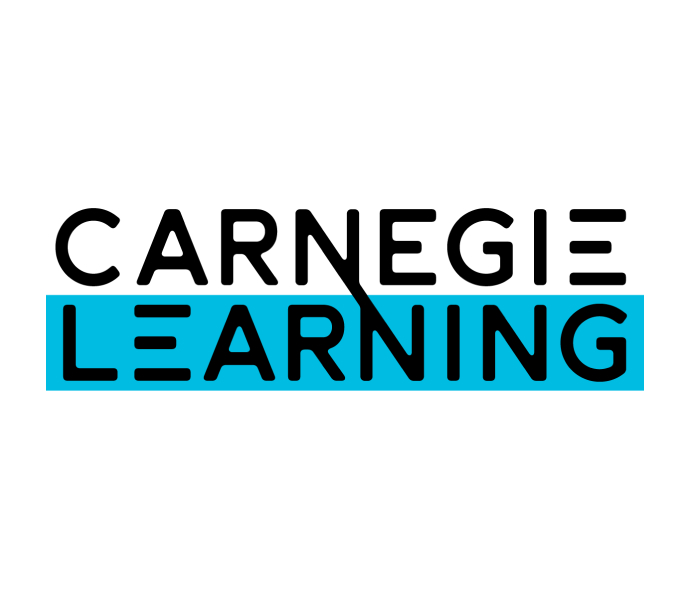Scenario-Based Training and On-The-Job Support for Equitable Mentoring
Abstract
Personalized Learning2 (PL2) is a mentor professional development platform designed to improve efficiency and workplace training through scenario-based instruction and personalized support. Combining research-driven mentor training with artificial intelligence (AI)-powered software, PL2 connects mentors, often under-trained tutors, to personalized resources with the click of a button. These curated resources cover a range of topics from social-emotional learning and math content to culturally responsive teaching practices. This work in progress showcases our recent development of the PL2 approach to mentoring in three ways. First, we highlight the key functions of the PL2 system. Second, we present recent research results determining the most effective competencies for successful mentorship. Last, in response to partner feedback on which mentor competencies are most needed, we detail the development of asynchronous, scenario-based lessons, housed within the PL2 platform for on-demand training. The use of human-computer teaming for on the-job support offers a lower cost option for deliberate practice using scenario based training to increase the impact and learning capacity of mentors in the workplace.

